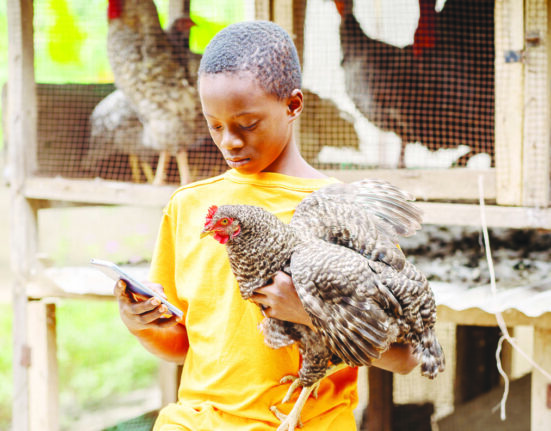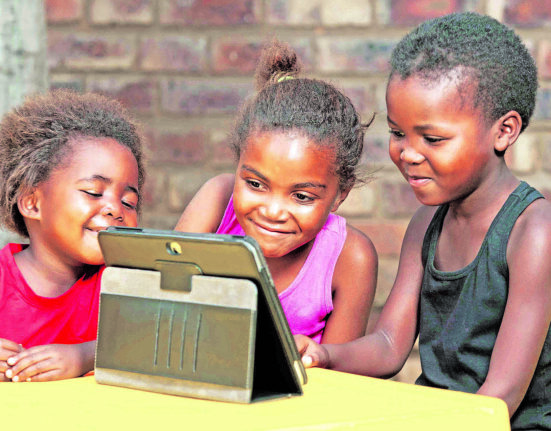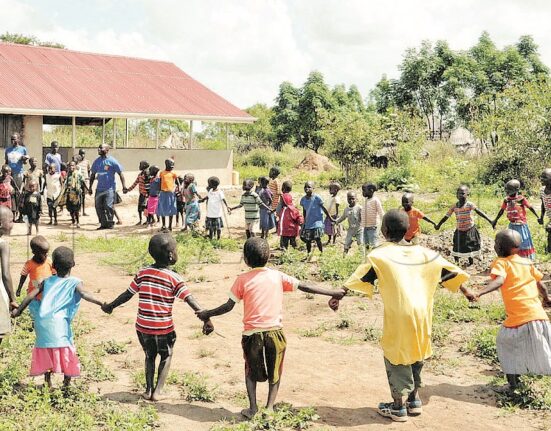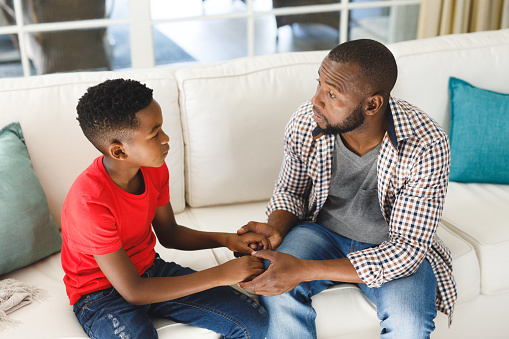(Published on Wednesday, January 19, 2022)
By Brian Mayanja
Ahead of the re-opening of schools last Monday, there was a scramble by many parents to register their children in government-aided institutions in recent weeks, New Vision has learnt.
The admission of learners in schools under the universal primary and secondary education programmes started after Government announced January 10 as the date for reopening schools.

In a mini survey, New Vision noted a spike in registration of learners while assessing the preparedness of public schools in Kampala city, Mukono, Wakiso and Masaka districts ahead of the reopening. At these schools, many parents and students were seen picking admission forms.
Daniel Opio, a parent and former Kampala Capital City Authority (KCCA) casual worker, came with his daughter seeking admission for Senior Three at Kitebi Secondary School in Rubaga division. Opio lost his job at KCCA.
“I cannot afford to pay sh2m as school fees in a private school for my daughter. I also want to complete my residential house this year. I decided to register her at Kitebi, which is one of the best performing schools in Kampala. I am sure my daughter will also make it,” he said.
The situation was not different at Kitebi Primary School. In the one hour New Vision spent at the primary school, the deputy headteacher, Steven Khakoosi, was admitting pupils from Primary One to Seven.
One of the parents there was Ronald Mutebi, a butcher operating in Kabowa, Kampala. Mutebi said the private school his son was studying at before the lockdown was sold and demolished to make way for shops.
“It’s a bit far from Kabowa to Kitebi, but I have no option,” he said.
At Buganda Road Primary School, due to a large number of applications, the administrators decided to subject the children to interviews.
Two interviews were conducted last month and the last one was done the week before schools reopened.
“We conducted the interviews in shifts to ensure social distancing to avoid the spread of COVID-19. In each shift, we had 100 pupils,” said Yahaya Wamuko, the school’s director of studies.
In Kira municipality, Wakiso district, three schools under Universal Secondary Education (USE) — including Kirinya SSS and Kira SSS — were also receiving many students coming from private schools.
In Masaka city, the education sector technical team says many government-aided schools are now striving to provide quality education, now that enrolment has increased compared to the past.
Masaka city government-aided schools include Kijabwemi Secondary School, Hill Road Primary School and St Paul Kitovu.
Why The Spike?
During the nearly two-year-long lockdown, the country’s economy was badly affected, forcing many employers to lay off workers while some businesses were closed. Consequently, many parents and guardians are struggling to pay school dues.
Muhammed Kamulegeya, the headteacher of Kitebi Secondary School, acknowledged that he is receiving students from private schools, arguing that the economy has pushed many parents to look for affordable options.
To understand the demand for enrolment in public schools, Juliet Namuddu, KCCA’s director of education, attributed it to the improvement in the institutions.
“If we continue being consistent, we shall have many children attending our schools at a cheaper price than those going to private schools. In our schools, parents only pay for meals and administrative costs, not the school fees charged in private schools,” Namuddu said.
USE schools charge between sh150,000 and sh200,000 to cater meals and medical emergencies, among other administrative costs.
In Wakiso district, Michael Senkusu, the Kira municipal education officer, said in urban areas like Kira municipality, many parents took their children to private schools for prestige.
“Private and public schools provide the same services. If you review the Uganda National Examinations Board results, the difference in performance is not so big.
“However, now the COVID-19 pandemic has affected the incomes of many parents and private schools are costly, they have now turned to government-aided ones,” Senkusu said.
In Masaka city, Steven Kakeeto said it is only government schools with enough textbooks and equipped laboratories.
“Many parents who lost their jobs can still afford to educate their children in these schools as the charges and requirements are affordable,” he said.
Education Ministry’s Take
The education ministry on Monday agreed with New Vision’s findings, saying there is a high enrolment rate of children in public schools, a trend that is not surprising to the officials.
“Many families have been affected by COVID-19 and are enrolling children in government-aided schools, which shows increased confidence in our institutions. The public perception has changed,” Denis Mugimba, the education ministry spokesperson, said.
To maintain that positive perception, Mugimba explained that the education ministry is working hard to improve the inspection system.
“Previously, it was hard to find teachers at UPE schools in the afternoon, but when you go there now, you will find them. Government has also invested a lot into buying textbooks and building modern laboratories. We are also training our teachers on how to manage the schools,” he said.
Economics Behind Shift
Economist Dr Fred Muhumuza of Makerere University said the inability to pay is forcing many parents to leave private schools, which is caused by a lack of jobs, and, in other cases, reduced incomes.
Asked whether the new move will force the Government to pay more attention to its schools, Muhumuza said it will be a great opportunity for Government to improve the quality of education since many parents can no longer afford private schools.
“Government has to increase its funding to its schools to improve their quality. Ugandans are coming back to Government not by choice but circumstance,” he said.
To keep running their businesses, Hasadu Kirabira, the chairperson of the National Private Educational Institutions Association, advised the owners of private schools to agree with parents on the payment of school fees.
“I appeal to school owners to be considerate by not hiking school fees,” he said.
More Needs To Be Done…
Even before the schools were closed, some Universal Primary Education (UPE) schools in Masaka and Kampala cities, for example, were dilapidated. The lockdown that lasted almost two years worsened the situation.
In some schools, there were anthills in classrooms, windows are broken, desks were eaten by termites, the walls have cracks, roofs had been blown off and latrines have collapsed.
Take the example of Kitebi Primary School, where Khakoosi told New Vision that teachers share latrines with their pupils. “As soon as you enter the latrine, pupils also come and start knocking on the door. It’s embarrassing,” he said
Govt Schools Will Be Renovated
KCCA Speaks Out
KCCA acknowledged the challenges government[1]aided schools are facing but said in this financial year, many will be renovated. “Nakivubo Blue Primary School is worse than Kitebi. It has dilapidated buildings. We are starting soon to construct a nine-classroom building there. Mpererwe and Nsambya will also be renovated. The money we get cannot renovate all the schools at once,” Juliet Namuddu, KCCA’s director of education, said.
For Kitebi Primary School, the director of education said KCCA recently bought the land from Buganda Land Board, which was an urgent matter.








Leave feedback about this